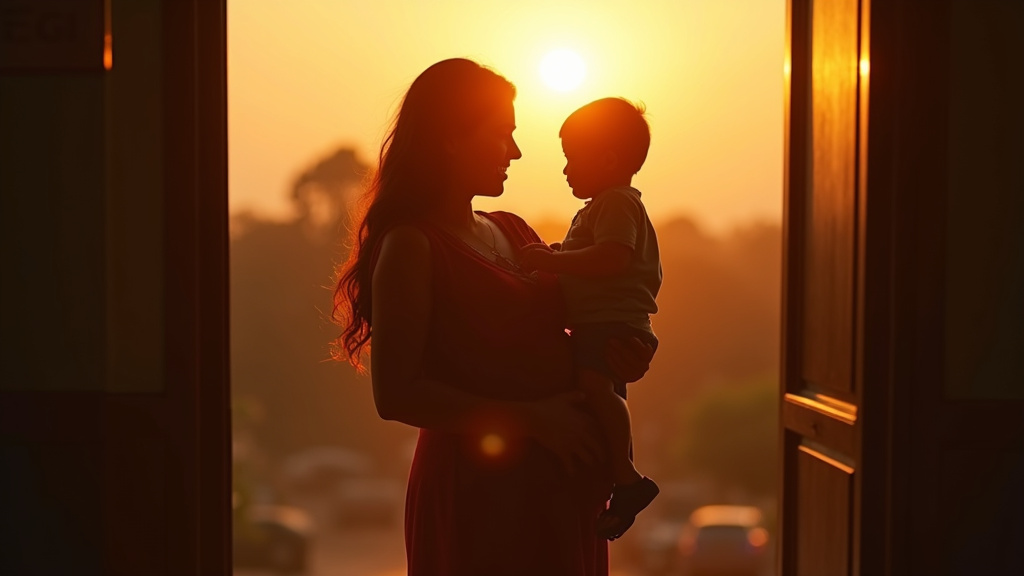Veteran actor and comedian Govardhan Asrani, universally known as Asrani, passed away on Monday, October 20, 2025, at the age of 84. His demise, attributed to prolonged illness, including fluid accumulation in his lungs, has sent ripples of sadness across the Indian film industry and among his vast fanbase.
A Life Dedicated to Laughter
Born Govardhan Asrani on January 1, 1941, in Jaipur, Rajasthan, he hailed from a middle-class Sindhi Hindu family. His father owned a carpet shop, but young Asrani, uninterested in business and reportedly weak in mathematics, found his calling in the performing arts. After completing his education at St. Xavier’s School and Rajasthan College, he worked as a voice artist at All India Radio, Jaipur, to fund his studies. His pursuit of acting led him to train at the prestigious Film and Television Institute of India (FTII) in Pune, graduating in 1966.
Rise to Stardom and Iconic Roles
Asrani’s Bollywood career, spanning over five decades, saw him feature in more than 350 Hindi films. He was particularly prolific and celebrated in the 1970s, a period that cemented his status as one of Hindi cinema’s most bankable character actors. His impeccable comic timing and expressive performances made him a household name.
While his filmography boasts a multitude of memorable characters, his portrayal of the eccentric, albeit bumbling, jail warden in Ramesh Sippy’s 1975 blockbuster Sholay remains his most iconic and enduring role. His famous line, “Hum Angrezon ke zamane ke jailer hain” (We are jailers from the British era), has become a cultural touchstone. Beyond Sholay, Asrani was a frequent collaborator with ace directors like Hrishikesh Mukherjee and B.R. Chopra, and shared a close friendship with superstar Rajesh Khanna, appearing in 25 films with him. His performances in films such as Bawarchi (1972), Namak Haraam (1973), Chupke Chupke (1975), Abhimaan, Chhoti Si Baat, Rafoo Chakkar, and Koshish are also highly regarded.
Versatility Beyond Comedy
Asrani’s talent was not confined to comedy. He demonstrated his versatility by taking on serious and supporting roles, proving his mettle as a nuanced performer. He also ventured behind the camera, writing, directing, and starring in films like the critically acclaimed Chala Murari Hero Banne (1977) and Salaam Memsaab (1979). His career extended to Gujarati cinema, where he also found success as a lead actor and in character roles. In the 2000s, he continued to entertain newer generations with roles in comedies like Hera Pheri, the Dhamaal franchise, Bhool Bhulaiyaa, and Bol Bachchan.
Personal Life and Enduring Legacy
Asrani was married to actress Manju Bansal, with whom he shared the screen in several films. They have a son, Naveen Asrani, who is a dentist. His passing, after a brief hospitalization due to age-related ailments, was confirmed by his nephew, Ashok Asrani. Despite his widespread fame, Asrani’s family honored his wish for a private funeral, with the last rites conducted at Santacruz Crematorium shortly after his passing.
Asrani’s contribution to Indian cinema is immense. He was a master of timing, a gifted storyteller, and a face that consistently brought joy and laughter to millions. His passing marks the end of an era for many, leaving an indelible mark on the landscape of Bollywood comedy and beyond. The current news of his demise has been met with widespread tributes, highlighting his significant impact. His legacy is not just in the films he made, but in the countless moments of happiness he gifted to audiences, a truly trending topic of remembrance today, making him an unforgettable icon.
Asrani’s journey from Jaipur to becoming a beloved cinematic figure is an inspiration, and his work will continue to be cherished for generations to come.















